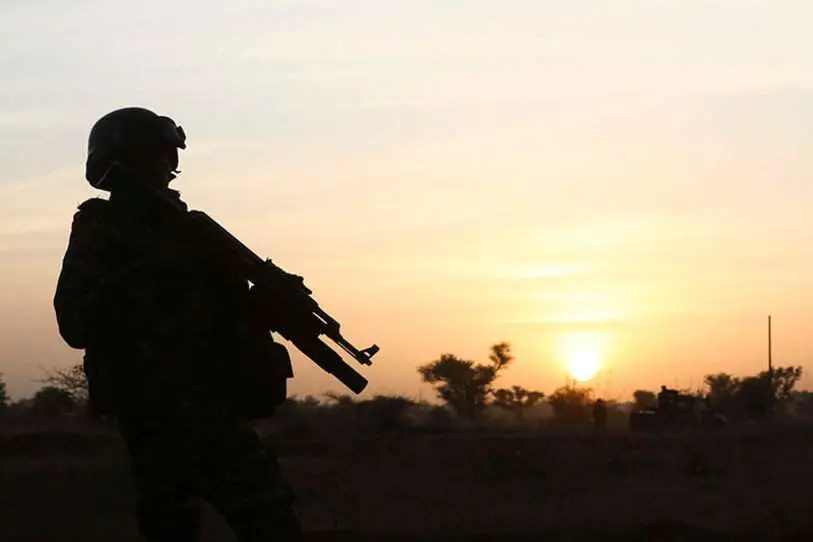Legislative and presidential elections in Niger

The first round of the presidential elections in Niger and the legislative elections will take place on 27 December. The second round for the presidential elections will be held in February 2021. On 4 December last, 17 ministers asked for their resignation in order to be eligible for election to the National Assembly since the electoral code makes them ineligible while in government. Along with the ministers, other public officials also resigned from their posts in order to stand for election. This demonstrates the strong polarisation between government officials and positions.
As for the presidential elections, which are also being held on 27 December, President Mahamadou Issoufou is not standing for election, respecting the constitutional rule of two terms. His party's candidate, Mohamed Bazoum, is the favourite according to most polls. The election campaign has been marked by the decisions of the Constitutional Court, which last month rejected the candidacy of the main opposition leader and validated the candidacy of the ruling party. Both decisions have been questioned. With regard to the opposition leader, Hama Amadou, 70, the reason for rejecting his candidacy was a 12-month prison sentence in 2017, which declares him ineligible, according to article eight of the Nigerian electoral code. The crime allegedly committed was his involvement in a case of newborn trafficking. The opposition has always considered that the real reason for his conviction is political, as, in their opinion, there was not enough evidence for him to be convicted. In fact, he received a presidential pardon while serving his 12-month sentence. This decision of the Constitutional Court has been widely contested by the opposition. In the last two elections, Hama Amodou came second in the 2016 elections and third in the 2011 elections.
However, the candidacy of the governing party's option was also questioned by the opposition and the Constitutional Court, unlike that of the opposition leader, considered it valid. The questioning of the validity of his candidacy is due to doubts about his nationality. Article 47 of the Constitution states that Nigerian nationality is required to become President. The Constitutional Court ruled that doubts about Bazoum's nationality were unfounded and therefore there was no problem with his eligibility. Mohamed Bazoum was born on 1 January 1960 in the region of Diffa, near the border of Chad and Nigeria. The presidential candidate, who was Niger's interior minister until June 2020, is an Arab from the minority tribe of Ouled Slimane (from southern Libya, northern Chad and northeastern Niger).

As they did in 2016, 18 opposition parties have decided to join a coalition called Cap21 in which they promise to support the candidate with the best result in the first round for the second round which, if held, would be between the candidate of the governing party, Bazoum, and a candidate of this coalition. Niger's recent political history is marked by four coups d'état, the last one in 2010. The other candidates who are also running include General Salou Djibo, who was the head of the military junta and was in power after the 2010 coup d'état until the elections won by the current president; Mahamane Ousmane, who was president of Niger from 1993 to 1996, and Seïni Oumarou, leader of the National Movement for the Society of Development (MNSD), who came third in the 2016 elections, among others.
The elections in Niger will be held in an atmosphere of insecurity, particularly in the regions bordering Mali and Nigeria, where Boko Haram, ISWAP (Islamic State of West Africa) and ISGS (Islamic State of the Greater Sahara) are to blame for constant terrorist attacks along the borders. The latest attack occurred just two weeks before the presidential elections, when Boko Haram attacked a village in the Diffa region in the southeast of the country, from which the presidential candidate comes, killing 27 people and destroying most of the village. The violence in the border regions, combined with the economic ravages of the pandemic and the floods the country has suffered this year, has caused a humanitarian disaster in one of the world's poorest countries, with 257,000 internally displaced persons, according to UNHCR estimates, who, together with those abroad, will not be able to vote in these elections.










